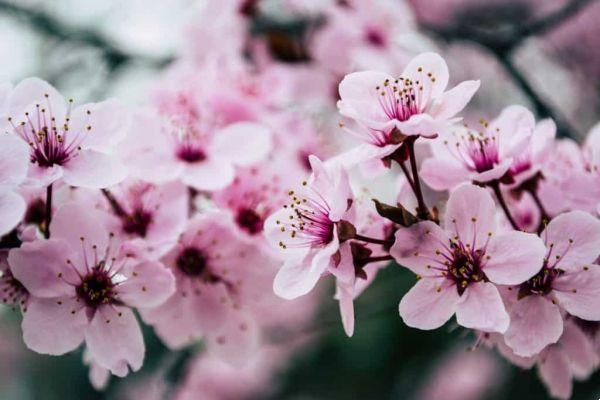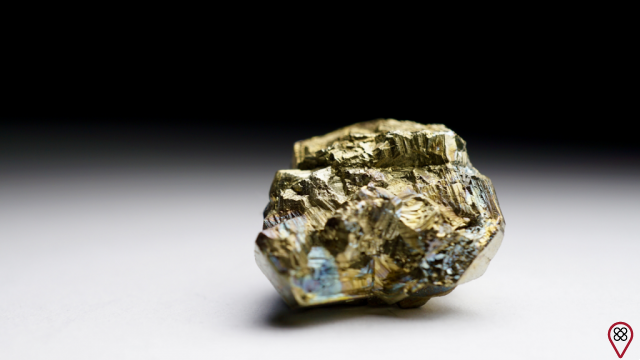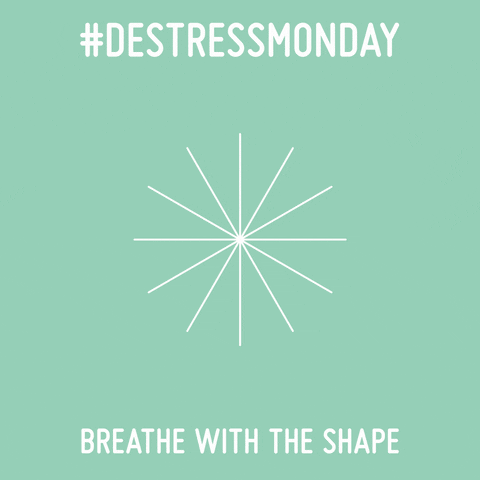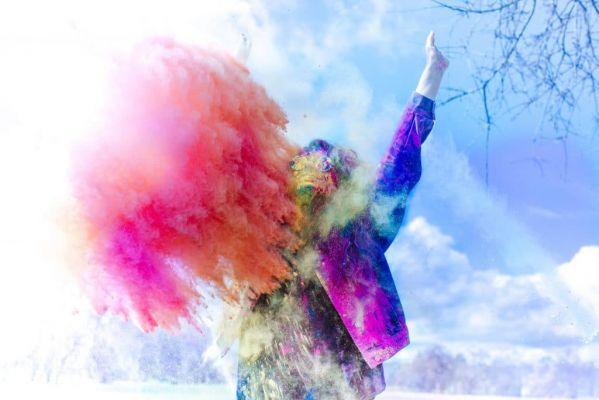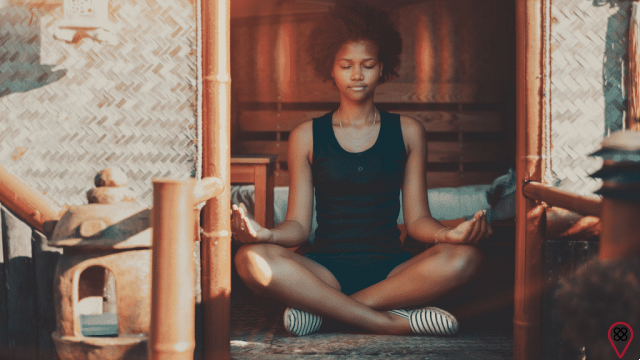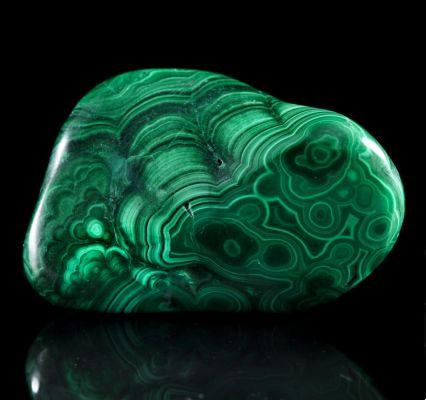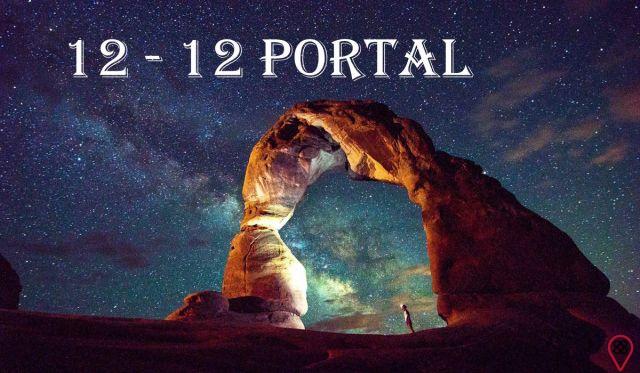Unless you've been living in isolation from all human beings for the past few years, you've certainly heard the expression "namaste" around, right? Whether in a conversation, in a random video, in a meme or on social media, that little word must have already appeared to symbolize something spiritual or good vibes.
Even in environments where spirituality is not the focus and among people who do not have a belief, this word appears, and has become so popular that it has even ended up in the prestigious Oxford dictionary of England. But, after all, what does this expression mean and why has it become so popular? Clear your doubts once and for all!
What does the word namaste mean and where does it come from?
“Namaste” is a word that originated from the Sanskrit language, spoken in South Asia, especially India and Nepal. But what does namaste mean in Portuguese?, you might be wondering. This word literally means "I bow before you" or "I salute you".
This greeting is used by members of various Asian faiths and religions: by Hindus, Sikhs, Jains, Taoists, Shintoists, and Buddhists, among others less popular. In the cultures of Nepal and India, even among non-believers, it is used at the beginning of a conversation, as a greeting. Sometimes, only a gesture with the hands is made, without saying the word. We'll explore this gesture in a topic below.

The word “namaste” has two other variations depending on the geographical location of the speakers: “namaskar” and “namaskaara”, but the meaning of all these expressions is the same. Among the religious, the meaning expands, and some claim that the expression means: "The God who dwells in my heart salutes the God who dwells in your heart."
Finally, the expression “namastê” is also used among yoga practitioners, who say it to the instructor, as a way of showing gratitude and respect to the master of the practice.
How to do the namaste greeting?
When said, the word “namaste” is always accompanied by a greeting, but the greeting does not always require the word, so it is possible to greet people with the same meaning just with the gesture, without saying “namaste”.
The salutation is very simple to do: just put your hands together, as in a prayer, at the height of the chest and make a slight bow, which symbolizes deep respect. The position of the hands aligns with the heart chakra, which is the most vital of the human being.
When we are greeting teachers and people to whom we are most grateful, we can place our hands on our foreheads, which symbolizes deep respect. Also, when we salute gods, deities, and other divine figures, the hands are placed completely above the head.
Anjali Mudra: what is your relationship with namaste?
The greeting described in the previous topic has a name: Añjali Mudrā (Sanskrit: अञ्जलि मुद्रा). This pose is an essential part of Indian and South Asian culture and arts, appearing not only as a salutation of respect, but also in classical Indian dance postures such as Bharatanatyam and in the practice of yoga, being part of many pranas.
Añjali Mudrā is considered a form of non-verbal communication, that is, "says" without uttering a word (that's why we said that saying "namaste" is optional when it comes to this greeting). In addition to India, this gesture is well known and used in countries such as Sri Lanka, Nepal, Bhutan, Burma, Thailand, Laos, Cambodia and Indonesia.
As a gesture, it is widely used as a sign of respect or silent greeting in India. It is also used among East Asian Buddhists, Taoists and Shintoists and adherents of similar Asian traditions. The gesture is used as part of prayer or for worship in many Indian and other Eastern religions.
What is the answer to namaste?
When they receive this greeting, many people do not know how to respond, since this gesture and this word are not part of our culture, historically. There is no correct way to respond to this greeting, so you can react however you like, as long as you maintain the respect the greeting implies.
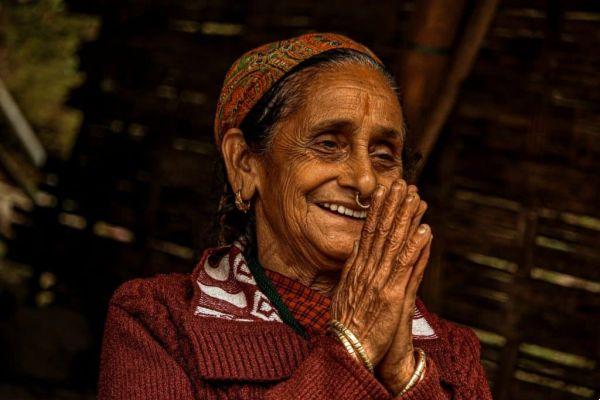
Most of the time, Asians themselves respond to the greeting by making the gesture with their hands, the Añjali Mudrā. In España, many people respond with the gesture and include the word “gratitude”, for example. Ultimately, you are the one who defines how you want to respond, but remember that gratitude and respect are essential in the response.
When to use that word?
In addition to being used as a greeting at the beginning of a conversation or when you meet someone, namaste can be said at the moment when we are going to say goodbye to people, because it is as if we are thanking them for the exchange that has taken place, also showing that we respect the person to whom we are saying goodbye.
Even in declarations of love and messages for loved ones, this word can be used, as its meaning, “I bow to you”, demonstrates how much we respect and love the person we are talking to and how available we are. her for whatever is needed.
What spiritual learning can we get from namaste?
Gratitude and respect above all. When we understand that human relationships are not just mere encounters and disagreements, but pulsating and constant exchanges of energy, we come to respect more those who do us good and to thank them for their availability to participate in our lives.
You may also like
- Reflect on the importance of accepting differences
- Learn more about a well-known mantra
- Repeat the mantra of peace and have more tranquility
When we bow to someone and demonstrate that we are available to that person, we are putting ourselves at the service of the world and the best energies that we can receive and emanate. Those who respect and show gratitude live with open doors to receive the best the Universe has to offer us.
Namaste, despite having become a joke and meme in times of social networks, is a very respectful greeting in Asian culture, symbolizing, at the same time, gratitude, respect and disposition, being the ideal greeting for an exchange and a relationship that promises to donate and receive good energy.




